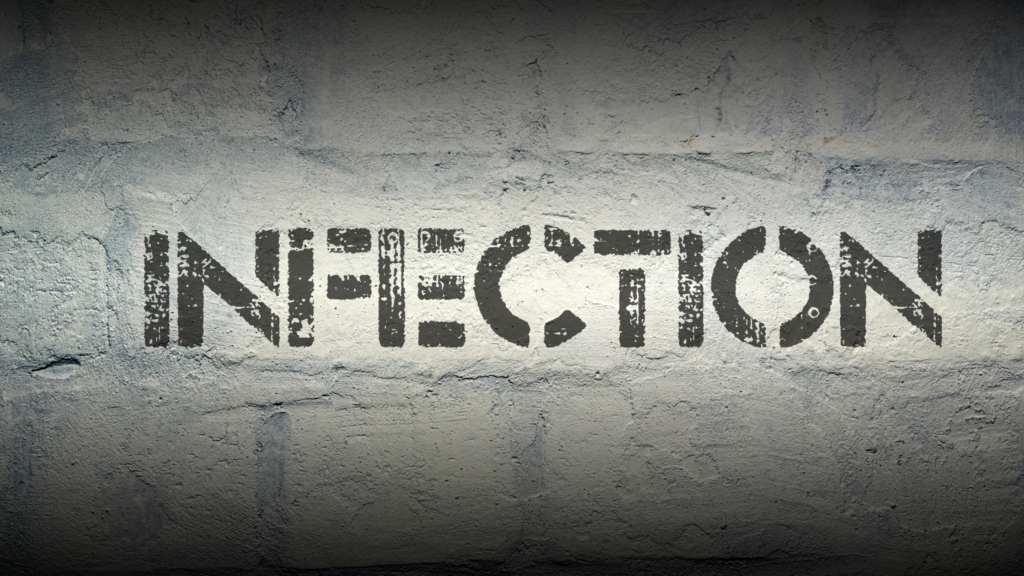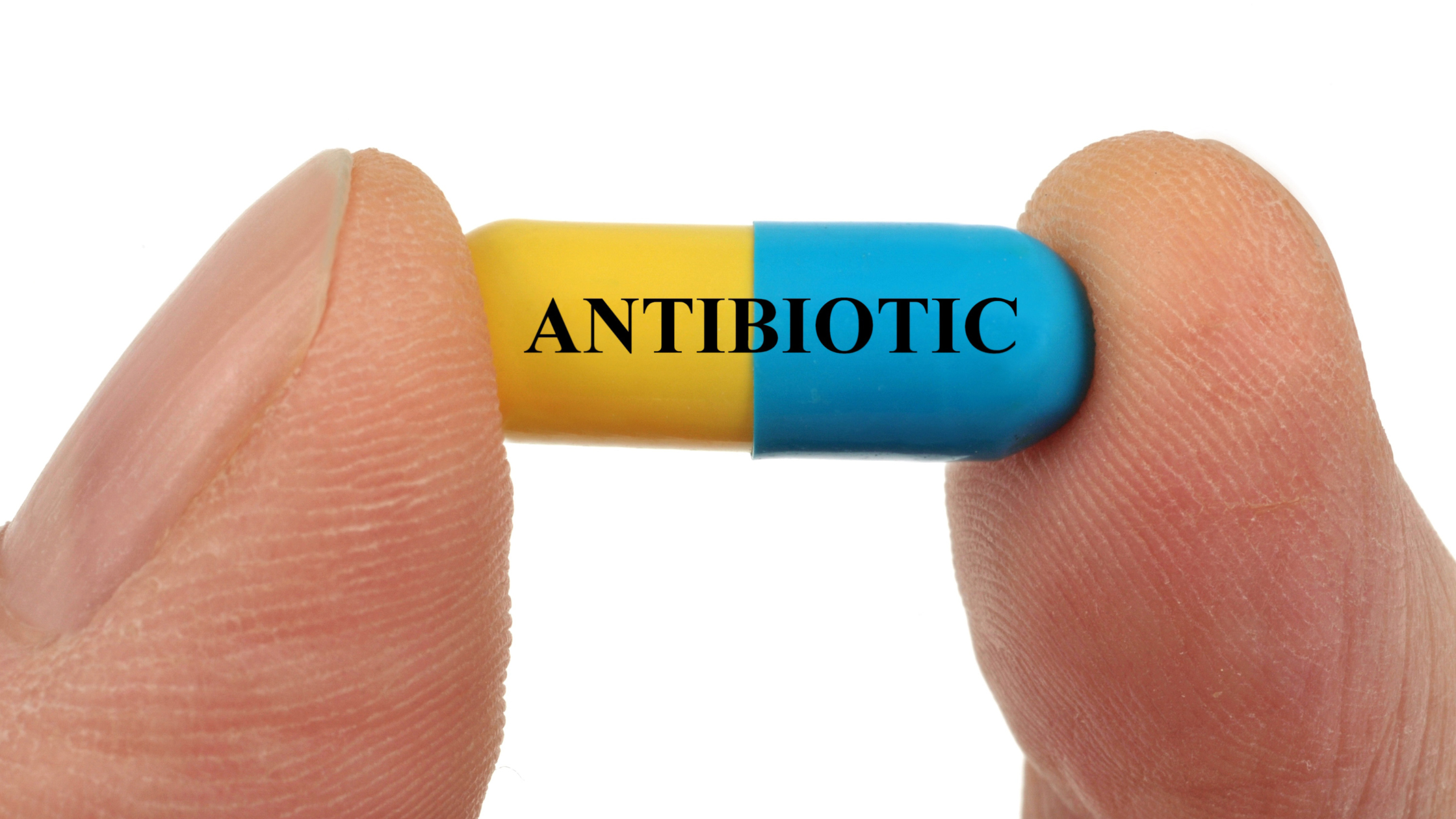The oral microbiome is a vital component of overall health. It houses a diverse community of bacteria, fungi, and other microorganisms that protect teeth, gums, and systemic well-being. This delicate ecosystem thrives on balance, but certain medications, like antibiotics, can disrupt it. While antibiotics are essential for fighting infections and saving lives, their effects on beneficial bacteria in the mouth can have unintended consequences.
Antibiotics don’t discriminate between harmful pathogens and the good bacteria that support a healthy oral microbiome. As a result, their use can lead to microbial imbalances, known as dysbiosis, which may increase your risk of cavities, gum disease, and even systemic inflammation.
In this article, we’ll explore how antibiotics affect the oral microbiome, the signs of imbalance, and practical steps you can take to minimize their impact. Whether you’re currently taking antibiotics or looking to maintain a healthy microbiome for the future, this guide offers actionable insights to support your oral and overall health.
What is the Oral Microbiome, and Why is it Important?
The oral microbiome is a complex and diverse community of microorganisms, including bacteria, fungi, viruses, and archaea, that inhabit the mouth. This dynamic ecosystem is crucial in maintaining oral health by balancing beneficial microbes with potentially harmful ones. Each surface of the mouth—teeth, tongue, gums, and cheeks—hosts unique microbial communities that work together to protect the oral environment.
Functions of the Oral Microbiome
- Protection Against Harmful Pathogens
- The oral microbiome serves as a natural defense system by producing antimicrobial substances and competing with harmful bacteria for resources and space. A balanced microbiome prevents the overgrowth of pathogenic bacteria that cause cavities, gum disease, and bad breath.
- Aiding Digestion
- Digestion begins in the mouth, where certain microbes help break down carbohydrates and fats. This process supports digestive health and ensures that the body properly absorbs nutrients.
- Supporting Immune Function
- The oral microbiome interacts with the immune system to regulate inflammation and prevent infections. A healthy microbiome strengthens the body’s first line of defense, keeping harmful invaders at bay.
A thriving oral microbiome is essential not only for maintaining oral health but also for supporting overall wellness. By understanding its importance, you can take steps to nurture this vital ecosystem and minimize disruptions caused by factors like antibiotics or poor hygiene.
How Antibiotics Impact the Oral Microbiome

Antibiotics play a vital role in fighting infections, but they can significantly disrupt the oral microbiome by affecting both harmful and beneficial bacteria. This disruption can lead to an imbalance, known as dysbiosis, which has both short- and long-term effects on oral health.
- Disruption of Microbial Balance
Antibiotics are designed to eliminate bacterial infections, but they don’t differentiate between harmful pathogens and beneficial bacteria. As a result, antibiotics can wipe out essential microbes that help maintain oral health.
This loss of microbial diversity weakens the oral microbiome, allowing harmful bacteria to thrive unchecked. Dysbiosis can set the stage for various oral health issues, such as cavities, gum inflammation, and bad breath.
- Short- and Long-Term Effects
In the short term, antibiotic use can trigger issues like bad breath, oral thrush (a fungal overgrowth), and dry mouth, as the microbial balance shifts. Saliva production may also be reduced, further compromising the oral environment. Long-term effects of antibiotic-related dysbiosis include:- Increased risk of cavities due to acid-producing bacteria dominating the microbiome.
- Higher susceptibility to gum disease (gingivitis and periodontitis), as harmful microbes trigger chronic inflammation.
Signs of an Imbalanced Oral Microbiome After Antibiotic Use
Antibiotics, while effective in treating infections, can disrupt the oral microbiome’s delicate balance. This condition, known as dysbiosis, often manifests in noticeable symptoms within the mouth and can have broader effects on overall health.
- Common Symptoms
When beneficial bacteria are reduced, harmful microbes can dominate, leading to:- Bad Breath (Halitosis): An overgrowth of certain bacteria produces sulfur compounds, resulting in persistent bad breath.
- Dry Mouth: Antibiotics can sometimes reduce saliva production, which plays a vital role in washing away bacteria and maintaining a balanced pH.
- Increased Cavities: With fewer beneficial bacteria to protect enamel, acid-producing bacteria like Streptococcus mutans may thrive, increasing the risk of tooth decay.
- Gum Inflammation: Dysbiosis can trigger an immune response, leading to swollen, red, or bleeding gums—a precursor to gingivitis and periodontitis.
- Systemic Health Links
Oral dysbiosis doesn’t just affect the mouth; it can have ripple effects on the body. Harmful bacteria and inflammatory byproducts can enter the bloodstream, contributing to systemic inflammation. Over time, this may:- Weaken the Immune System: A disrupted microbiome can overburden the immune system, reducing its ability to fight infections.
- Exacerbate Chronic Conditions: Dysbiosis has been linked to conditions such as cardiovascular disease, diabetes, and inflammatory disorders.
Recognizing these signs early is key to restoring balance in the oral microbiome. Proactive steps—such as maintaining proper oral hygiene and supporting beneficial bacteria—can help mitigate the effects of antibiotic-related imbalances and protect both oral and systemic health.
How to Support Your Oral Microbiome During and After Antibiotic Use
Antibiotics, while necessary for treating infections, can disrupt the balance of your oral microbiome by eliminating both harmful and beneficial bacteria. Taking proactive steps during and after antibiotic use can help minimize the disruption and support the recovery of your oral microbiome.
- During Antibiotic Use
- Stay Hydrated: Drink plenty of water to support saliva production, which helps wash away food particles, neutralize pH levels, and create an environment where beneficial bacteria can thrive. Hydration also combats dry mouth, a common side effect of antibiotics.
- Incorporate Probiotics: Probiotics can help counteract the effects of antibiotics by introducing beneficial bacteria. Look for oral-specific probiotics designed to support the mouth’s microbial balance, and consider foods like unsweetened yogurt or probiotic-rich supplements.
Avoid Overusing Antibacterial Mouthwash: While it may seem counterintuitive, frequent use of antibacterial mouthwashes can worsen dysbiosis by indiscriminately killing both harmful and beneficial bacteria. Stick to gentle, alcohol-free mouthwashes and prioritize hydration instead.

- After Antibiotic Use
- Reintroduce Beneficial Bacteria: Incorporate fermented, probiotic-rich foods like sauerkraut, kimchi, or miso into your diet to help replenish beneficial microbes. Oral-specific probiotics can also help restore microbial balance directly in the mouth.
- Maintain Consistent Oral Hygiene: Proper daily oral care is essential for recovery:
- Brush twice daily with a soft-bristled toothbrush and fluoride toothpaste to remove plaque without damaging enamel.
- Floss to clean between teeth and prevent harmful bacteria from accumulating.
- Use a tongue scraper to reduce odor-causing bacteria and support a balanced oral environment.
- Stay Hydrated: Saliva is crucial for maintaining oral health. It naturally washes away debris, neutralizes acids, and supports the growth of beneficial bacteria. Drink water consistently throughout the day to encourage saliva flow.
- Adopt a Nutrient-Rich Diet: Focus on a plant-based, whole-food diet that includes high-fiber fruits and vegetables. Crunchy foods like apples and carrots act as natural toothbrushes and help promote saliva production.
By being mindful of how antibiotics impact the oral microbiome and taking steps to restore balance, you can minimize their long-term effects. Supporting beneficial bacteria and maintaining proper oral hygiene will help rebuild a thriving oral microbiome and protect your overall health.
Alternatives to Antibiotics When Possible
While antibiotics are essential for treating bacterial infections, their overuse can disrupt the oral microbiome and contribute to antibiotic resistance. Understanding when antibiotics are truly necessary and exploring alternatives for minor issues can help protect both your oral health and microbial balance.
- When Antibiotics are Necessary
Antibiotics are critical for managing severe bacterial infections, such as abscesses, advanced gum disease, or systemic infections. In these cases, taking antibiotics exactly as prescribed by your healthcare provider is essential to ensure effectiveness and minimize harm to the microbiome. Never self-prescribe or discontinue antibiotics early, as incomplete treatment can lead to resistant bacteria and recurring infections. - Exploring Other Options
For mild oral health issues or early signs of infection, alternative approaches can sometimes provide effective support:- Antimicrobial Mouth Rinses: Alcohol-free rinses containing natural agents like xylitol, aloe vera, or essential oils (e.g., tea tree oil or clove oil) can help control bacterial growth without disrupting beneficial microbes.
- Herbal Remedies: Herbal options such as turmeric, garlic, or saltwater rinses have natural antimicrobial properties that may alleviate minor inflammation or discomfort. Always consult a dental professional before relying solely on natural remedies.
- Preventive Measures
The best way to avoid antibiotics is through prevention. A consistent oral hygiene routine can significantly reduce the risk of infections:- Brush twice daily, floss regularly, and clean your tongue to control bacterial buildup.
- Maintain hydration to support saliva production, which helps protect the oral environment.
- Schedule regular dental checkups to address minor concerns before they become serious infections requiring antibiotics.
By prioritizing good oral care and exploring alternative options for mild issues, you can reduce unnecessary antibiotic use and protect your oral microbiome. When antibiotics are needed, responsible use ensures your health is preserved without long-term harm to beneficial bacteria.
Practical Tips for Reducing the Impact of Antibiotics on Your Oral Microbiome
Antibiotics can disrupt the balance of your oral microbiome, but with mindful strategies, you can minimize their impact and support recovery. Here are practical tips to protect and restore microbial balance during and after antibiotic use.
- Work with Your Healthcare Provider
Consulting your dentist or doctor before starting antibiotics is essential. Discuss whether antibiotics are truly necessary and ask about the best options to minimize their impact on your oral and overall microbiome. If antibiotics are prescribed, follow the full course as directed to ensure effectiveness while preventing antibiotic resistance.
Your dentist can also recommend oral probiotics, which introduce beneficial bacteria to offset the loss of microbial diversity during treatment.
- Monitor Your Oral Health
Stay vigilant for signs of an imbalanced oral microbiome, such as persistent bad breath, dry mouth, gum inflammation, or an increase in cavities. Early detection allows you to address issues before they worsen. Schedule regular dental checkups for professional cleanings and personalized advice on maintaining oral health after antibiotic use. Your dentist can assess microbial balance and recommend tailored solutions for recovery. - Focus on Nutrition
Nutrition plays a vital role in restoring a healthy oral microbiome. Prioritize foods that nourish beneficial bacteria, including:- Fiber-Rich Foods: Whole, plant-based foods like leafy greens, apples, and carrots promote microbial diversity and stimulate saliva production.
- Fermented Foods: Probiotic-rich options like sauerkraut, kimchi, and miso help reintroduce beneficial bacteria to your system.
- Limit Added Sugars: Reducing sugar intake deprives harmful bacteria of the fuel they need to thrive, helping to rebalance your microbiome.

By working with your healthcare provider, monitoring your oral health, and focusing on nutrient-dense foods, you can significantly reduce the impact of antibiotics on your oral microbiome. These proactive steps will help restore microbial harmony, ensuring better oral and overall health.
Conclusion
Antibiotics, while essential for treating infections, can have unintended consequences on the oral microbiome by disrupting its delicate balance. The loss of beneficial bacteria can lead to microbial imbalances, increasing the risk of cavities, gum disease, bad breath, and even systemic health issues. Understanding the effects of antibiotics on the oral microbiome highlights the importance of minimizing their impact and taking proactive steps to preserve oral health.
By working closely with your healthcare provider, monitoring your oral health for signs of imbalance, and focusing on nutrition, you can protect and restore microbial harmony during and after antibiotic use. Simple practices such as staying hydrated, incorporating oral probiotics, and maintaining consistent oral hygiene routines go a long way in supporting a thriving microbiome.
Your oral microbiome is a key part of your overall wellness. By taking mindful actions today, you can ensure long-term health and balance. Explore other articles in this series for more actionable insights on optimizing your oral microbiome and discovering its critical connection to overall health.

